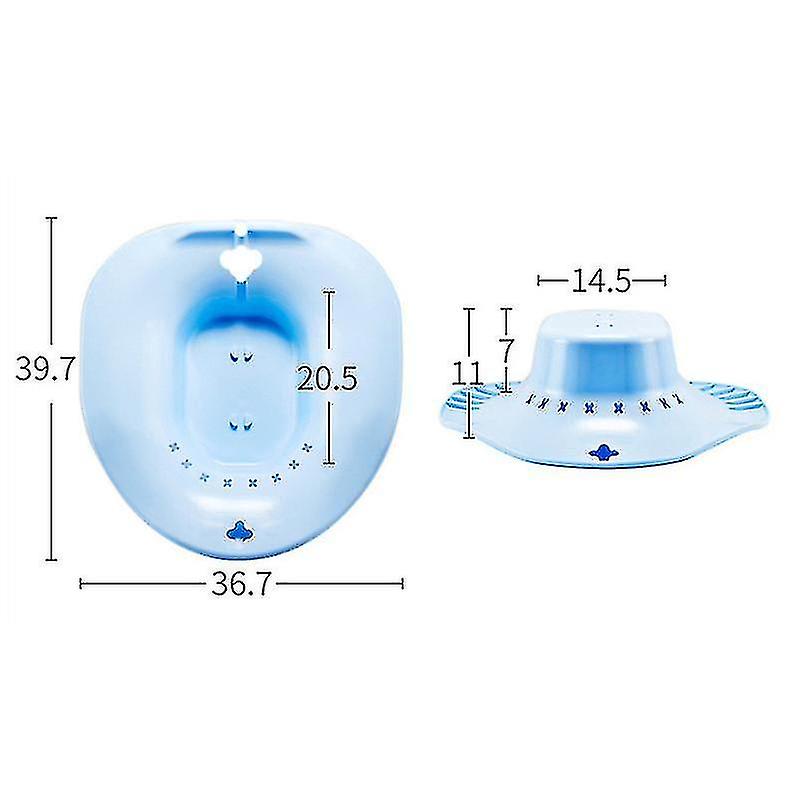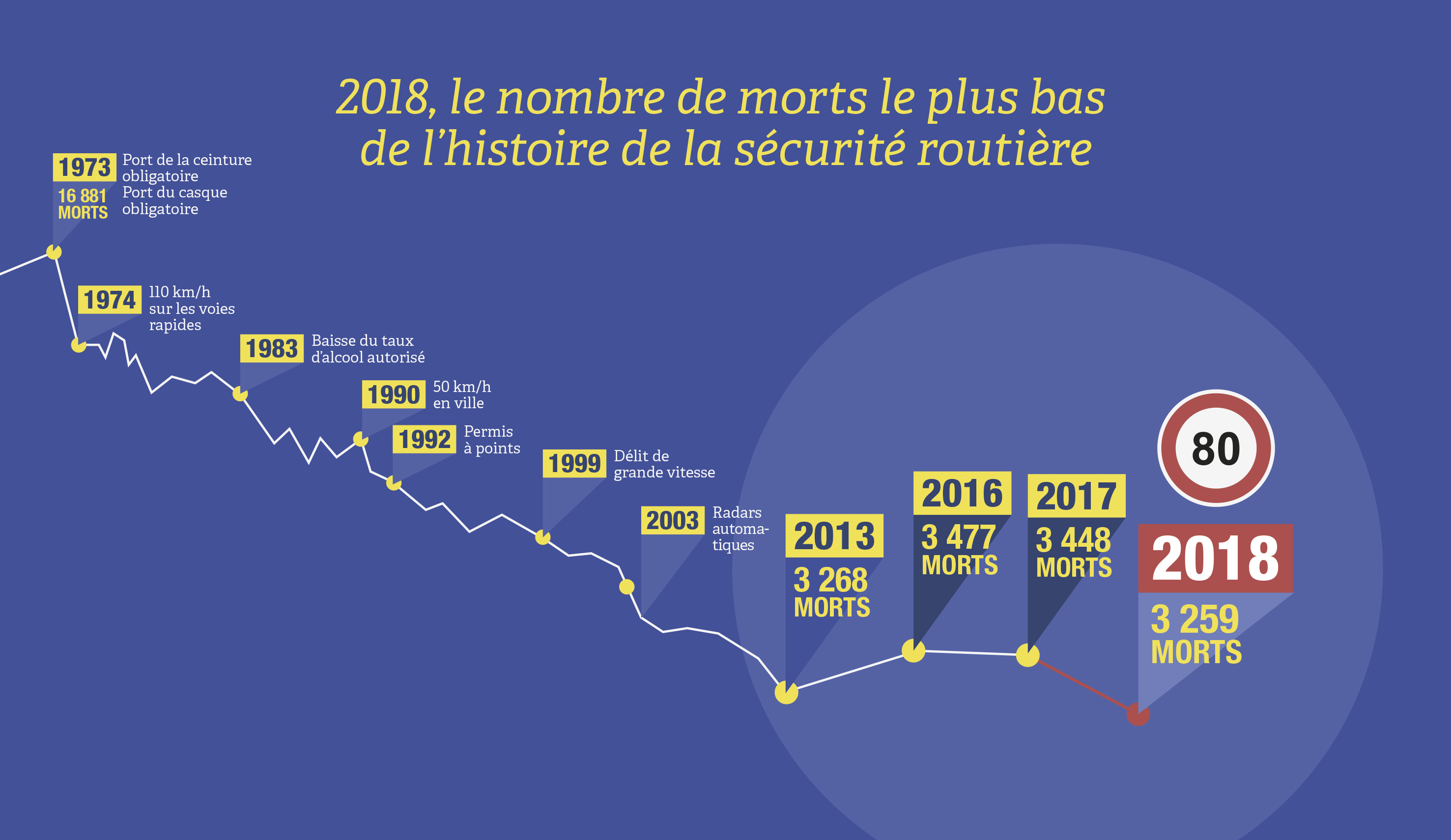Is Age Just A Number? Exploring The Social And Biological Aspects

Table of Contents
The Social Construction of Age
Societal Expectations and Ageism
Society often assigns specific roles and expectations based on age. Unfortunately, this frequently leads to ageism – discrimination based on a person's age. This harmful prejudice manifests in various ways:
- Examples of ageist stereotypes: Older adults being portrayed as frail, forgetful, or technologically inept; younger people being seen as irresponsible or lacking experience.
- The impact of ageism on mental and physical health: Studies show ageism can negatively impact self-esteem, mental well-being, and even physical health outcomes. The stress associated with age discrimination can contribute to increased risk of cardiovascular disease and other health problems.
- Statistics on age discrimination in employment and healthcare: Reports consistently demonstrate age discrimination in hiring practices and access to quality healthcare, impacting opportunities and well-being significantly. The consequences of ageism are far-reaching and demand attention.
Age and Identity
Age significantly influences our self-perception and identity. This is profoundly shaped by cultural norms and personal experiences.
- Positive aspects of aging and embracing different life stages: Many older adults find immense satisfaction in their later years, focusing on passions, relationships, and personal growth. Aging is not solely about decline; it's an evolution.
- The role of personal experiences in shaping perceptions of age: Individual experiences with health, work, family, and social connections heavily impact how we view aging and its stages.
- Cultural differences in attitudes towards aging: Cultural perspectives on aging vary dramatically. Some cultures revere elders for their wisdom and experience, while others emphasize youth and vitality. Understanding these differences is crucial.
The Biological Reality of Aging
Physiological Changes with Age
Biological aging involves inevitable physiological changes:
- Explanation of cellular aging processes: Cellular senescence, the process where cells lose their ability to divide, contributes to tissue degeneration and organ dysfunction. Telomere shortening also plays a role.
- Impact of aging on various organ systems (e.g., cardiovascular, skeletal): Aging affects various organ systems, often resulting in reduced efficiency and increased vulnerability to disease. Cardiovascular health, bone density, and cognitive function are often affected.
- Role of genetics and lifestyle in influencing the aging process: While genetics play a role, lifestyle choices – diet, exercise, stress management – significantly influence the rate and impact of biological aging.
Longevity and Healthy Aging
While we can't stop aging, we can significantly influence our healthspan (the length of time we live in good health):
- The importance of diet, exercise, and stress management: A balanced diet, regular physical activity, and effective stress management are crucial for promoting longevity and healthy aging.
- The role of preventative medicine and early detection: Regular health checkups, screenings, and early intervention are vital in preventing and managing age-related health concerns.
- Advances in geriatric medicine and their impact on healthy aging: Advances in medical technology and geriatric care are extending both lifespan and healthspan, enabling older adults to live healthier, more active lives.
Bridging the Gap: Social Perceptions vs. Biological Reality
Reframing the Narrative of Aging
Challenging negative stereotypes and fostering a more positive view of aging is crucial:
- Focus on individual capabilities and contributions regardless of age: Recognizing the value and contributions of individuals at all ages is essential for combating ageism and creating inclusive societies.
- Promoting age-friendly environments and policies: Creating supportive environments and policies that cater to the needs of older adults promotes their well-being and participation in society.
- Celebrating the wisdom and experience of older adults: Valuing the wisdom, experience, and contributions of older adults enriches our communities and fosters intergenerational connections.
The Importance of Holistic Health
Physical, mental, and social well-being are interconnected:
- The role of social connection and community involvement: Strong social connections and community involvement contribute significantly to mental and physical health throughout life, including older age.
- The importance of mental health and cognitive stimulation: Maintaining cognitive function and mental well-being through engaging activities and social interaction is crucial for healthy aging.
- Addressing age-related health concerns proactively: Proactive management of age-related health concerns, through lifestyle changes and medical intervention, helps ensure a higher quality of life as we age.
Conclusion
Is age just a number? The answer is complex. While the biological process of aging is undeniable, its impact is significantly shaped by social perceptions and societal structures. We've seen that ageism negatively impacts well-being, while proactive lifestyle choices and a positive social environment can foster healthy aging. Let's challenge the limitations imposed by societal perceptions of age and embrace the richness and potential that every stage of life offers. Learn more about healthy aging strategies and help us redefine what it means to age gracefully. Is age just a number? Let's work together to make it so.

Featured Posts
-
 Problemes Post Operatoires Des Hemorroides En Franche Comte Le Role De L Information
Apr 30, 2025
Problemes Post Operatoires Des Hemorroides En Franche Comte Le Role De L Information
Apr 30, 2025 -
 Glissieres De Securite Impact Sur La Mortalite Et L Amelioration De La Securite Routiere
Apr 30, 2025
Glissieres De Securite Impact Sur La Mortalite Et L Amelioration De La Securite Routiere
Apr 30, 2025 -
 Summer 2026 Disney Sends Two Ships To Alaska
Apr 30, 2025
Summer 2026 Disney Sends Two Ships To Alaska
Apr 30, 2025 -
 Ru Pauls Drag Race Star Announces Nba Legend As Godfather
Apr 30, 2025
Ru Pauls Drag Race Star Announces Nba Legend As Godfather
Apr 30, 2025 -
 Tkachuk And The Panthers Dominant Second Period Sinks The Senators
Apr 30, 2025
Tkachuk And The Panthers Dominant Second Period Sinks The Senators
Apr 30, 2025
